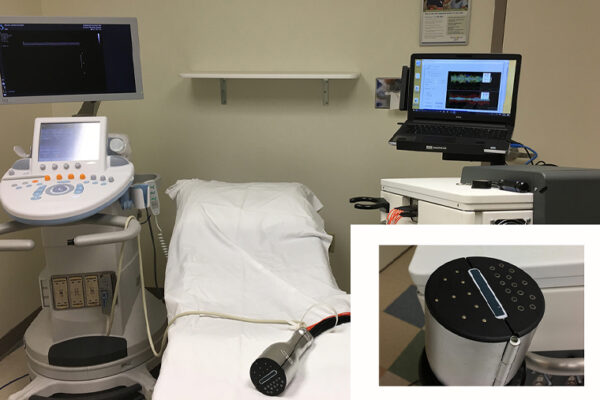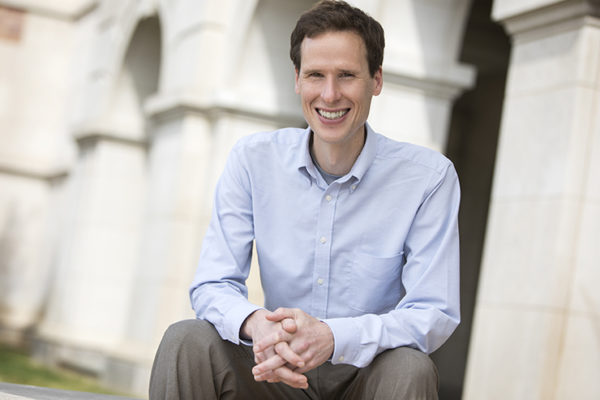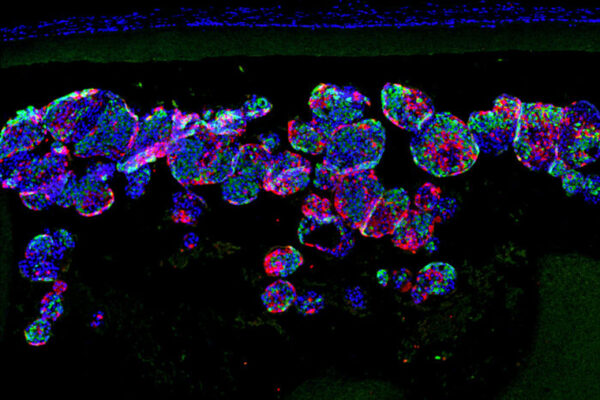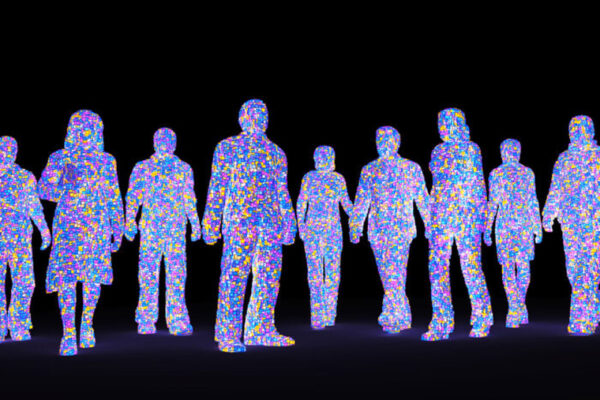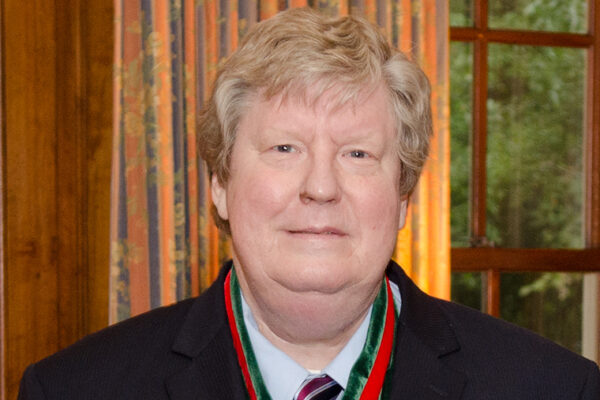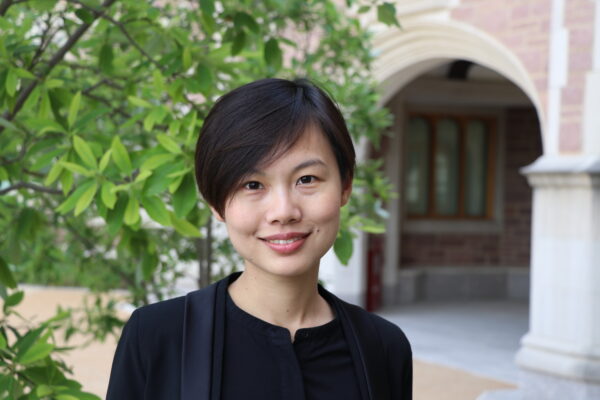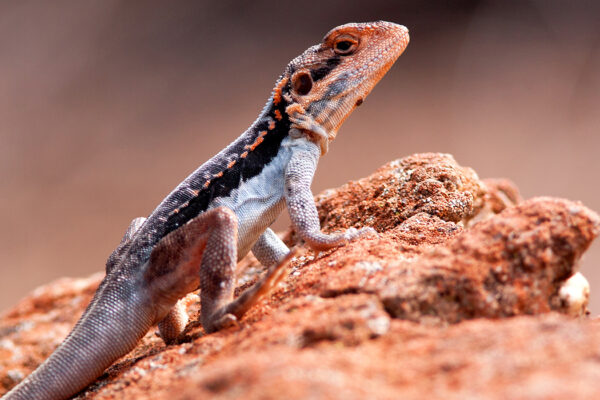New method predicts chemotherapy effectiveness after one treatment
An interdisciplinary team at Washington University finds that combining certain data after a patient’s first treatment can predict how a breast cancer tumor is responding to chemotherapy.
Vahey receives NIH grant
The National Institutes of Health (NIH) has awarded Michael Vahey, at the McKelvey School of Engineering, a two-year $433,125 grant for research into virus vulnerability.
Tiny implant cures diabetes in mice without triggering immune response
Researchers at Washington University School of Medicine and Cornell University have implanted insulin-secreting cells into diabetic mice to normalize their blood sugar.
Synthetic data mimics real health-care data without patient-privacy concerns
Washington University investigators now have access to a new research tool that allows them to conduct clinical studies using synthetic patient data. Synthetic data produced by the new tool, called MDClone, accurately mimics real patient data without the privacy concerns.
Olin research: Incentivize domestic drug production to combat medicine shortages
Olin Business School’s Tony Sardella, along with Paolo De Bona, PMBA ’20, will join the Brookings Institution for a virtual public forum on June 11 to discuss their research on the shortage of critical pharmaceutical drugs in U.S.
Brown School works with Webster Groves to improve housing equity
Molly Metzger, senior lecturer at the Brown School, and students in her policy course have partnered with Webster Groves city council members and St. Louis’ Green City Coalition on a series of projects connected to the planning of community land trusts.
John Turk, endowed professor of endocrinology, 73
John Turk, MD, PhD, a pioneer in mass spectrometry research and a deeply respected faculty member for more than 40 years at Washington University School of Medicine, died May 26 in Eureka, Mo., after a brief illness. He was 73.
Ling receives NSF CAREER Award
Fangqiong Ling received a five-year $500,000 CAREER Award from the National Science Foundation for her research into wastewater-based epidemiology.
If I never knew you
A study with Australian reptiles establishes a new return-on-investment method of determining species that are a priority for taxonomic research: undescribed species that are likely already threatened.
Without requiring vaccines, filled stadiums are unsafe
“If vaccines or negative COVID-19 tests are required for attendees, 100% attendance is safe,” says the Washington University in St. Louis mathematician who helped derive the model used for fan-attendance risk analysis across many of America’s sports venues. “Without requiring vaccinations or testing, it’s not.”
View More Stories
